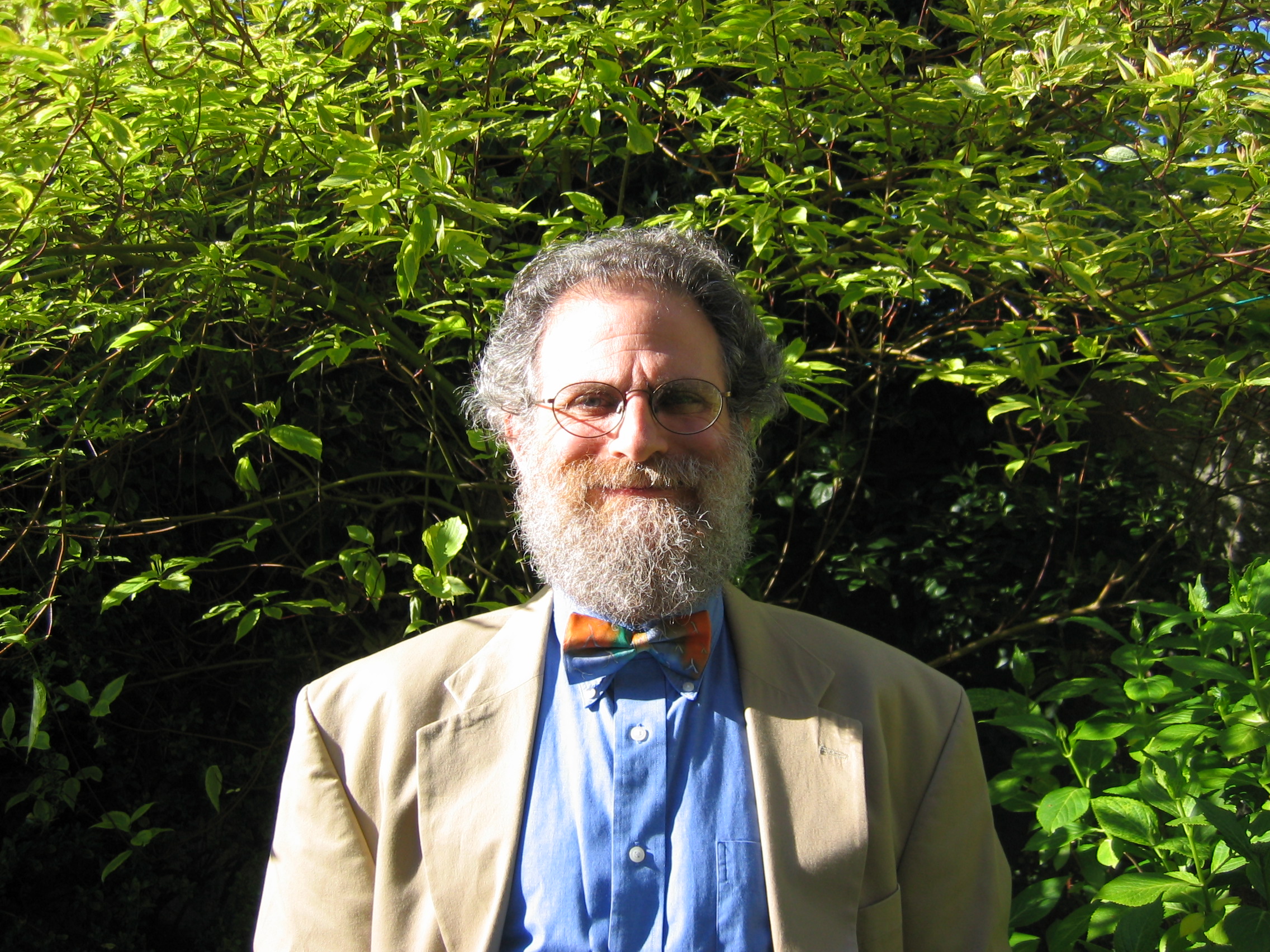Presentation: Category Theory for the Working Hacker
What You’ll Learn
- How functional languages can benefit from a different perspective on types.
- How category theory has contributed to modern functional programming.
Abstract
The talk will explain why category theory is of interest for developers. The principle of Propositions as Types describes a correspondence between, on the one hand, propositions and proofs in logic, and, on the other, types and programs in computing. And, on the third hand, we have category theory! Assuming only high school maths, the talk will explain how categories model three basic data types: products (logical and), sums (logical or), and functions (logical implication). And it explains why you already learned the most important stuff in high school.
What do you do day-to-day?
I work in functional programming and trying to put that in a place where other people can use it.
What is your motivation for this talk?
Category theory is the secret sauce that underlies a lot of functional programming. For instance, monads have become quite popular. The original ideas were developed by category theorists, and part of my contribution was to explain the ideas so you can use then without knowing any category theory. But if you do know category theory, then you have a chance to see where the next idea is coming from.
In the talk, I’m going to focus on three basic data types: products, sums, and functions. I’m going to talk about how they look in category theory, and how that translates to Java and Haskell, and some deep and beautiful symmetries that tie everything all together.
Who should come to your talk?
Developers who are interested in understanding some of the fundamental ideas that underpin the design of programming languages.
What can people come take away from this talk?
An understanding of the three most basic data structures in programming, how variants are really records turned on their head, and how the most important ideas are ones they already learned in high school.
Similar Talks
License Compliance for Your Container Supply Chain

Open Source Engineer @VMware
Nisha Kumar
Observability in the SSC: Seeing Into Your Build System

Engineer @honeycombio
Ben Hartshorne
Evolution of Edge @Netflix

Engineering Leader @Netflix
Vasily Vlasov
Mistakes and Discoveries While Cultivating Ownership

Engineering Manager @Netflix in Cloud Infrastructure
Aaron Blohowiak
Optimizing Yourself: Neurodiversity in Tech

Consultant @Microsoft
Elizabeth Schneider
Monitoring and Tracing @Netflix Streaming Data Infrastructure

Architect & Engineer in Real Time Data Infrastructure Team @Netflix
Allen Wang
Future of Data Engineering

Distinguished Engineer @WePay
Chris Riccomini
Coding without Complexity

CEO/Cofounder @darklang
Ellen Chisa
Holistic EdTech & Diversity

Holistic Tech Coach @unlockacademy
